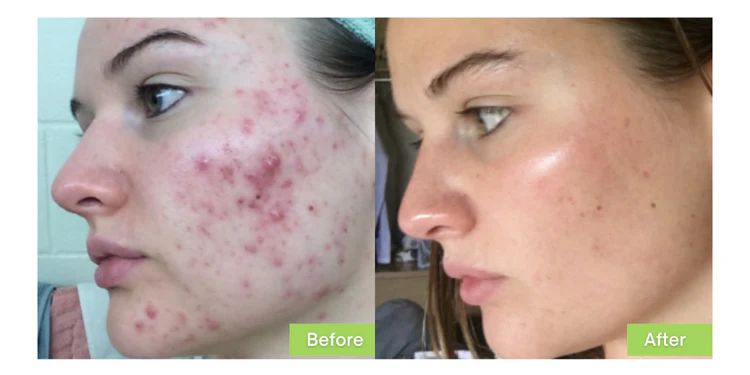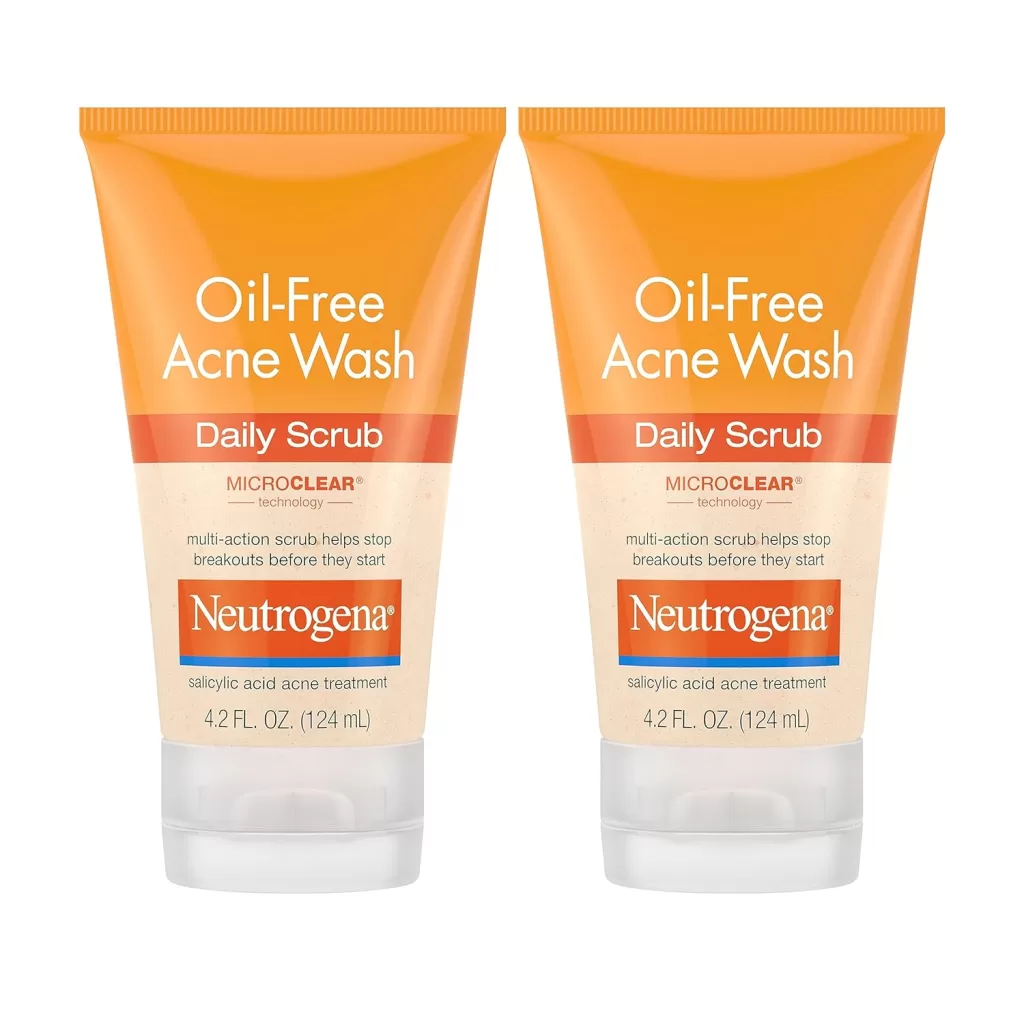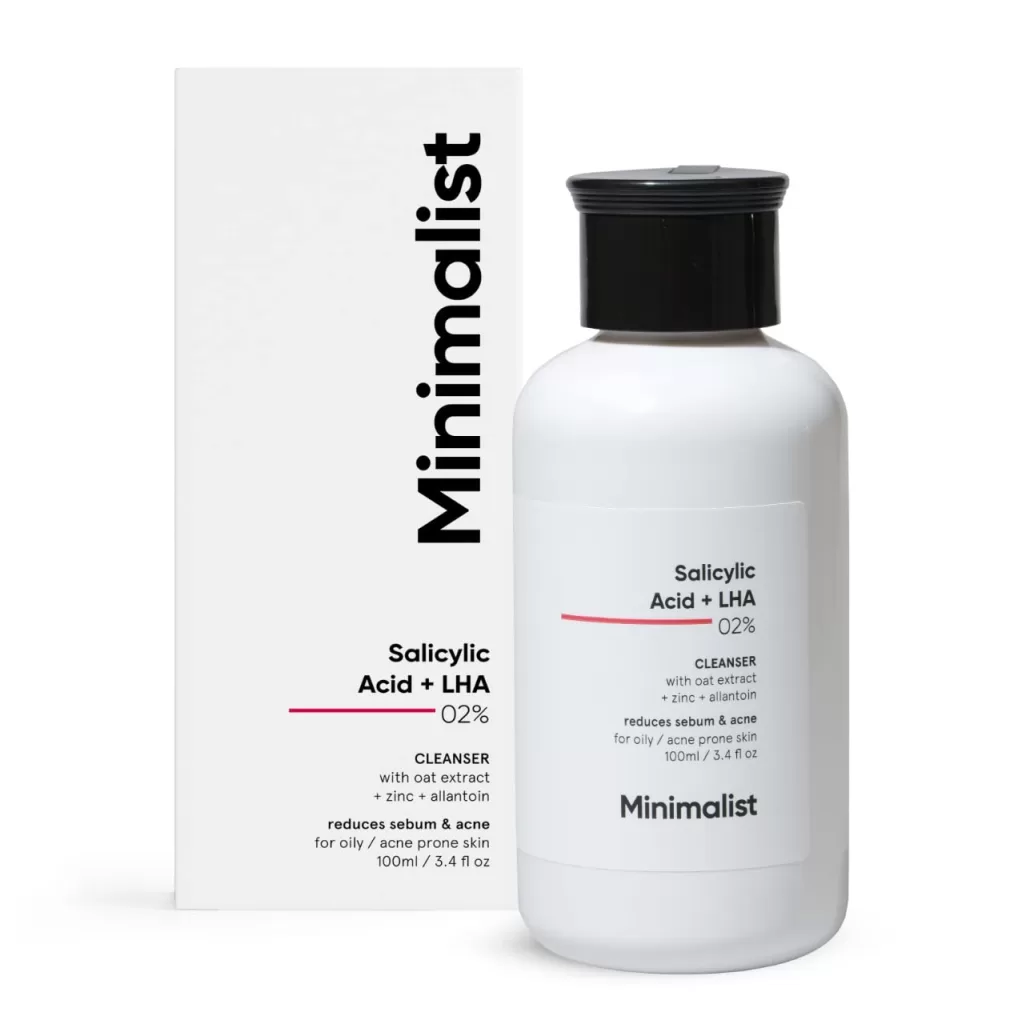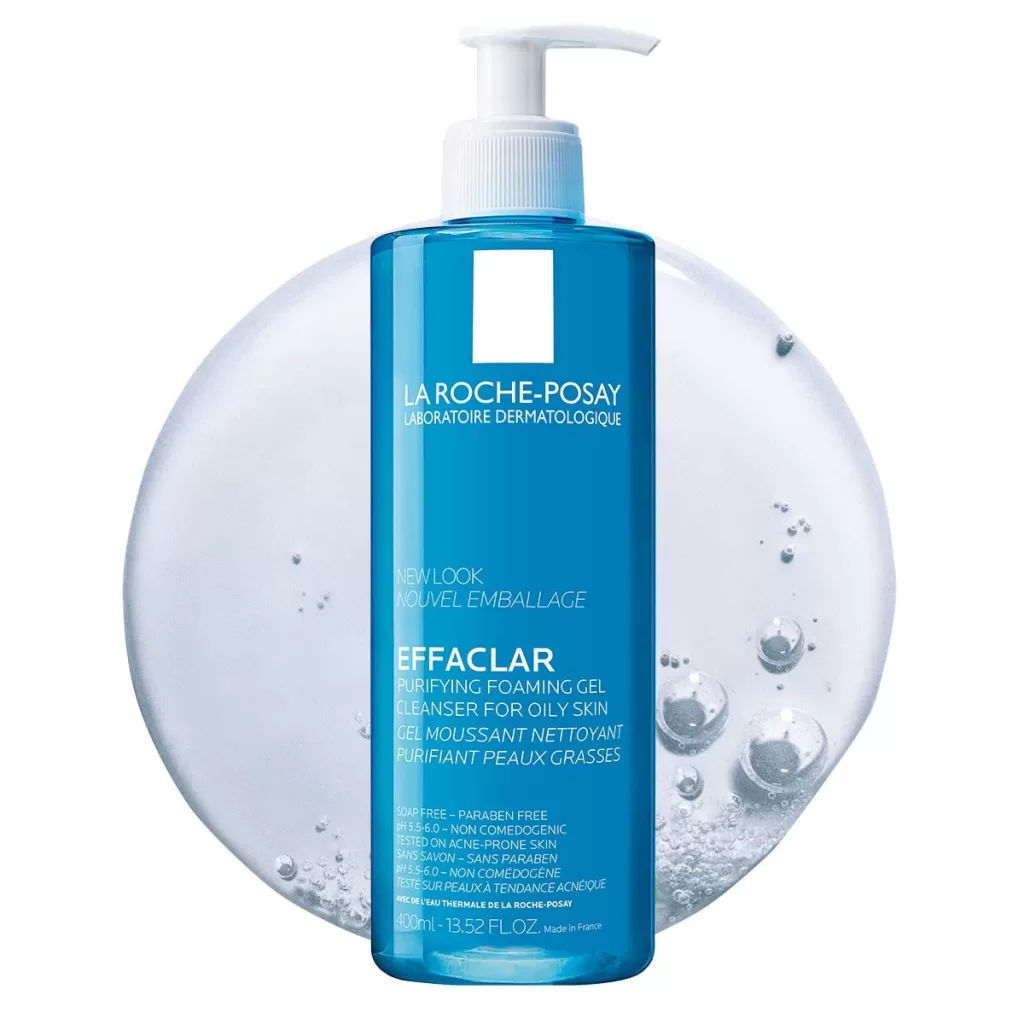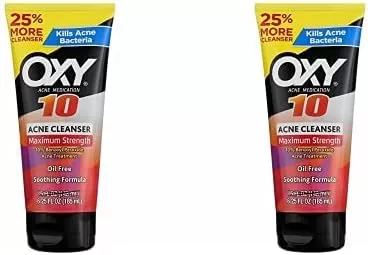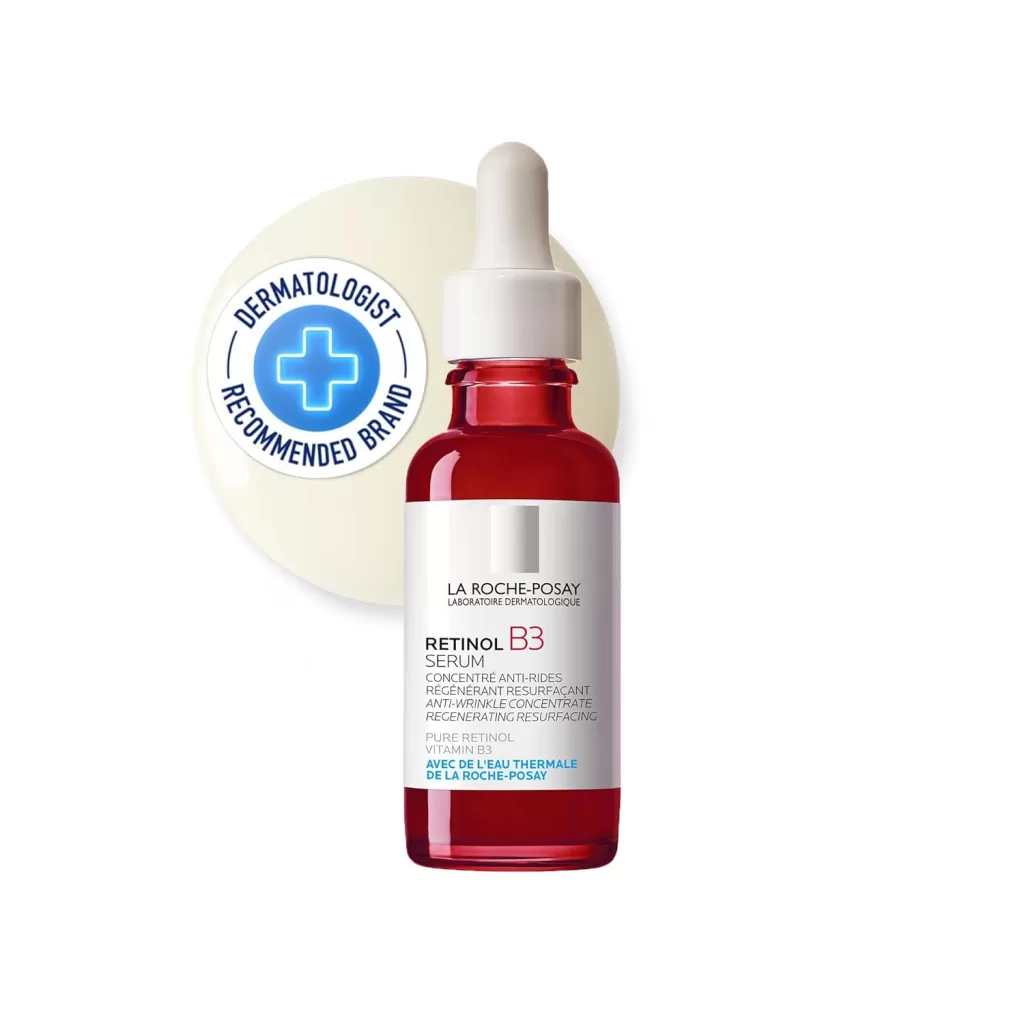Acne Treatment Options Explained
Acne. It’s a common skin woe that plagues millions of people worldwide. While frustrating, the good news is there are Effective Acne Treatment Options Explained. A recent systematic review (conducted in early 2024) highlighted several evidence-based approaches, and this article dives deeper into some of the key players: topical benzoyl peroxide, topical retinoids, oral doxycycline, and combination therapies.
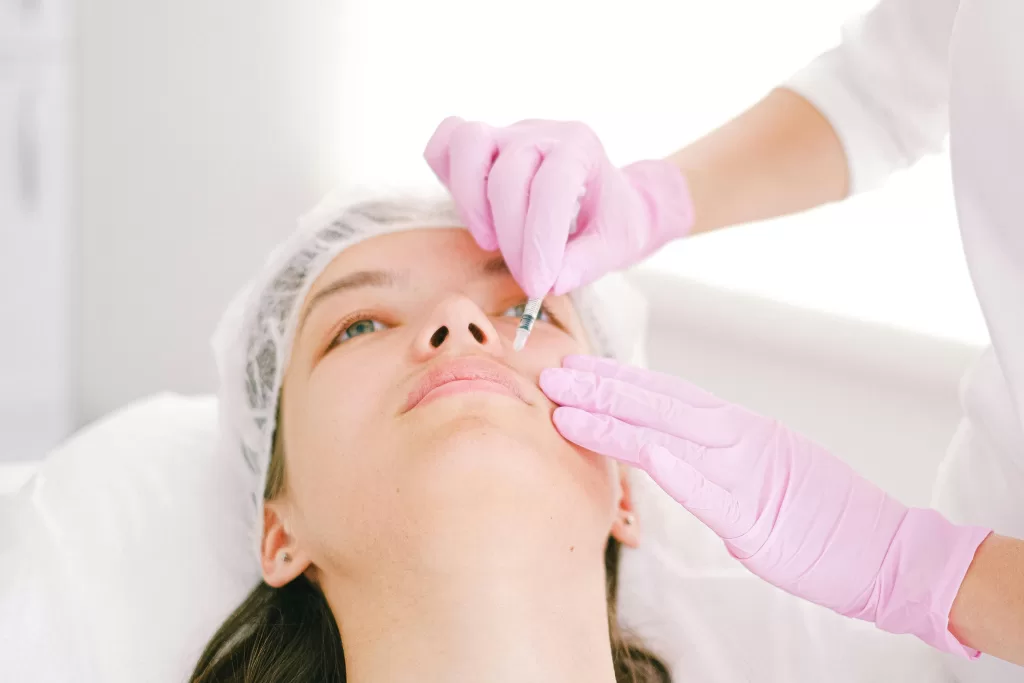
Effective Acne Treatment Options Explained
Benzoyl Peroxide: The Bacteria Buster
This over-the-counter (OTC) hero is a mainstay in acne treatment. It works by tackling two key contributors to acne: bacteria and inflammation. Benzoyl peroxide targets Propionibacterium acnes (P. acnes), the bacteria that thrive in clogged pores and contribute to breakouts. By reducing the P. acnes population, benzoyl peroxide helps prevent future pimples and speeds up the healing of existing ones. Additionally, it has anti-inflammatory properties, which helps diminish redness and swelling.
While benzoyl peroxide is readily available, it’s not without potential drawbacks. It can cause dryness, irritation, and even mild peeling, especially when you first start using it. To minimize these side effects, it’s best to begin with a lower concentration (like 2.5%) and gradually increase strength as your skin tolerates it. Moisturizing regularly is also crucial when using benzoyl peroxide to keep your skin hydrated.
Examples of over-the-counter (OTC) products containing benzoyl peroxide:
- Neutrogena Rapid Clear Stubborn Acne Face Wash: This wash contains 2.5% benzoyl peroxide and is a good option for those new to using the ingredient due to its lower concentration.
- Clean & Clear Advantage Acne + Marks Control Wash: This cleanser contains 4% benzoyl peroxide and also includes salicylic acid to help with exfoliation.
- La Roche-Posay Effaclar Purifying Foaming Gel Cleanser: This gentle cleanser contains 1% micronized benzoyl peroxide, which is a finer form that can be less irritating.
- Oxy Maximum Action Acne Pimple Medication: This spot treatment contains 10% benzoyl peroxide and is a powerful option for stubborn breakouts. However, due to its high concentration, it’s best to use it sparingly and only on blemishes, not all over the face.
Important Note: While these are some popular examples, it’s not an exhaustive list. The best benzoyl peroxide product for you will depend on your skin type and the severity of your acne. Always consult the product label and consider talking to a dermatologist for personalized recommendations.
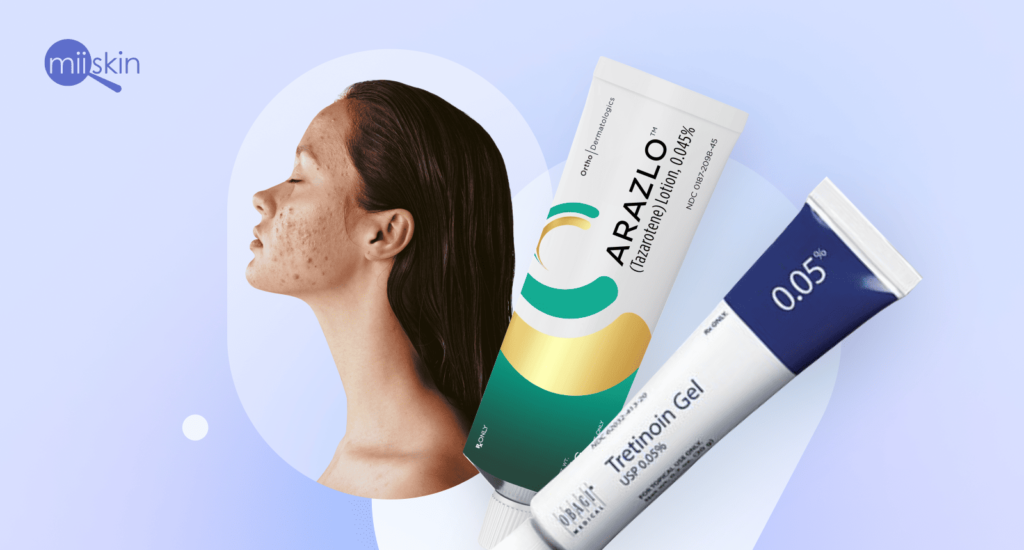
Retinoids: The Pore Powerhouse
Derived from vitamin A, topical retinoids are another weapon in the fight against acne. They work by promoting cell turnover, which helps unclog pores and prevent new breakouts. Additionally, retinoids stimulate collagen production, leading to smoother and firmer skin. Popular retinoids include tretinoin (Retin-A), adapalene (Differin), and tazarotene (Tazorac).
However, retinoids can be more drying and irritating than benzoyl peroxide, especially for those with sensitive skin. Sun sensitivity is another concern, so sunscreen use is essential during retinoid treatment. Starting with a low dose and applying it every other night can help your skin adjust. If you experience significant irritation, consult your dermatologist for guidance on adjusting the frequency or strength of the retinoid.
examples of topical retinoid products available by prescription and over-the-counter:
Prescription Retinoids:
- Tretinoin (Retin-A, Atralin): This is the original and most potent retinoid available. It comes in various strengths and cream or gel formulations. A dermatologist can personalize the dose and format based on your skin’s needs and sensitivity.
- Adapalene (Differin): A slightly less potent retinoid than tretinoin, adapalene is a good option for those with sensitive skin experiencing mild to moderate acne. It’s available in gel form.
- Tazarotene (Tazorac): This retinoid is typically reserved for more severe acne cases due to its higher potency. It comes in cream, gel, and foam formulations. A dermatologist will determine the best option for you.
Over-the-Counter Retinol Products:
- Retinol is a milder derivative of vitamin A and functions similarly to prescription retinoids, but with less potency. Over-the-counter retinol products can be a good starting point for those new to retinoids or with very sensitive skin. However, it’s important to note that due to their lower concentration, results may take longer to see compared to prescription retinoids. Here are some popular OTC retinol options:
- La Roche-Posay Retinol Corrective Serum: This lightweight serum contains 0.3% retinol and focuses on reducing wrinkles and fine lines.
- ** CeraVe Retinol Serums:** CeraVe offers various retinol serums with different concentrations (0.3% and 0.5%) to cater to different skin sensitivities.
- Neutrogena Rapid Wrinkle Repair Regenerating Cream: This cream contains retinol along with other ingredients like hyaluronic acid for added hydration.
Important Note: When using retinoids, be aware of potential side effects like dryness, irritation, and sun sensitivity. It’s crucial to start with a low dose and gradually increase frequency as your skin adjusts. Always wear sunscreen daily with SPF 30 or higher while using retinoids.
Remember, consulting a dermatologist is always recommended for personalized advice and to determine the best retinoid option for your specific needs and skin type.

Doxycycline: The Targeted Antibiotic
Doxycycline is a prescription medication, so there aren’t brand names associated with it in the same way as over-the-counter products. However, doxycycline is a generic medication, which means it’s available from various pharmaceutical companies. When your doctor prescribes doxycycline, they will specify the dosage and how long you should take it. The pharmacy will then dispense the medication with a label indicating the generic name (Doxycycline) and the specific dosage strength (e.g., Doxycycline 100mg).
Here are some additional points to consider about doxycycline:
- It typically comes in capsule form.
- Possible side effects include: nausea, diarrhea, yeast infections, and sun sensitivity.
- It’s important to take doxycycline with a full glass of water and avoid taking it with dairy products.
- Doxycycline can interact with other medications, so be sure to tell your doctor about all the medications you’re taking before starting treatment.
Remember: Doxycycline is a powerful medication that should only be taken under the supervision of a doctor. Don’t self-medicate with doxycycline or share it with others.
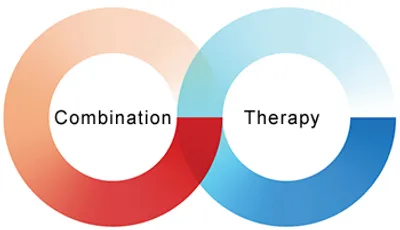
Combination Therapy: A Multi-Pronged Attack
The recent research highlights the effectiveness of combination therapy for acne. This means combining different treatment options to target multiple aspects of the condition. For example, a dermatologist might recommend using a topical retinoid with benzoyl peroxide to address both clogged pores and inflammation. Fixed-dose combination products containing both ingredients are also available, offering a convenient solution. Additionally, topical antibiotics might be combined with oral doxycycline for more severe cases.
FAQs: Cracking the Code: Acne Treatment Options Explained
Effective Acne Treatment Options Explained: General Questions
Q: What are the most common causes of acne? A: Acne is primarily caused by a combination of factors, including:
- Overproduction of sebum (oil)
- Clogged pores
- Bacteria (Propionibacterium acnes)
- Inflammation
Q: How long does it take for acne treatments to work? A: The time it takes for acne treatments to work can vary depending on the severity of your acne and the specific treatment used. Generally, you may start to see results within a few weeks, but it can take several months for significant improvement.
Q: Can I use over-the-counter acne products without consulting a doctor? A: For mild to moderate acne, over-the-counter products can be effective. However, if your acne is severe, persistent, or causing significant distress, it’s advisable to consult a dermatologist for 1 a proper diagnosis and treatment plan.
Specific Treatment Questions
Q: Is benzoyl peroxide safe for long-term use? A: Benzoyl peroxide is generally safe for long-term use, but it’s important to follow the product instructions and monitor your skin for any signs of irritation. If you experience excessive dryness or irritation, consider reducing the frequency of use or switching to a lower concentration.
Q: What are the potential side effects of retinoids? A: Common side effects of retinoids include dryness, redness, peeling, and sun sensitivity. To minimize these side effects, it’s recommended to start with a low concentration and gradually increase it as your skin tolerates it. Always wear sunscreen with SPF 30 or higher when using retinoids.
Q: Can doxycycline cause antibiotic resistance? A: Like any antibiotic, doxycycline can contribute to antibiotic resistance if used inappropriately or for extended periods. It’s crucial to take doxycycline as prescribed by your doctor and complete the full course of treatment, even if your symptoms improve.
Q: Is combination therapy more effective than using a single treatment? A: Combination therapy often proves to be more effective than using a single treatment, as it targets multiple aspects of acne. By combining different treatments, you can achieve better results and potentially reduce the risk of side effects.
Remember, it’s essential to consult a dermatologist for personalized advice on the best acne treatment plan for your specific needs.
Effective Acne Treatment Options Explained
The Takeaway: Consulting a Dermatologist is Key
While this article provides an overview of some popular acne treatment options, it’s important to remember that everyone’s skin is unique. The best approach for you will depend on the severity of your acne, your skin type, and your individual needs. A dermatologist can assess your specific situation and recommend a personalized treatment plan that is safe and effective. Don’t hesitate to schedule a consultation to discuss the best way to achieve clearer, healthier skin.
Explore more articles like this @ Where And How Resources
